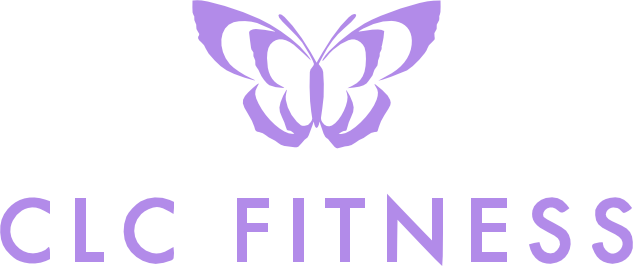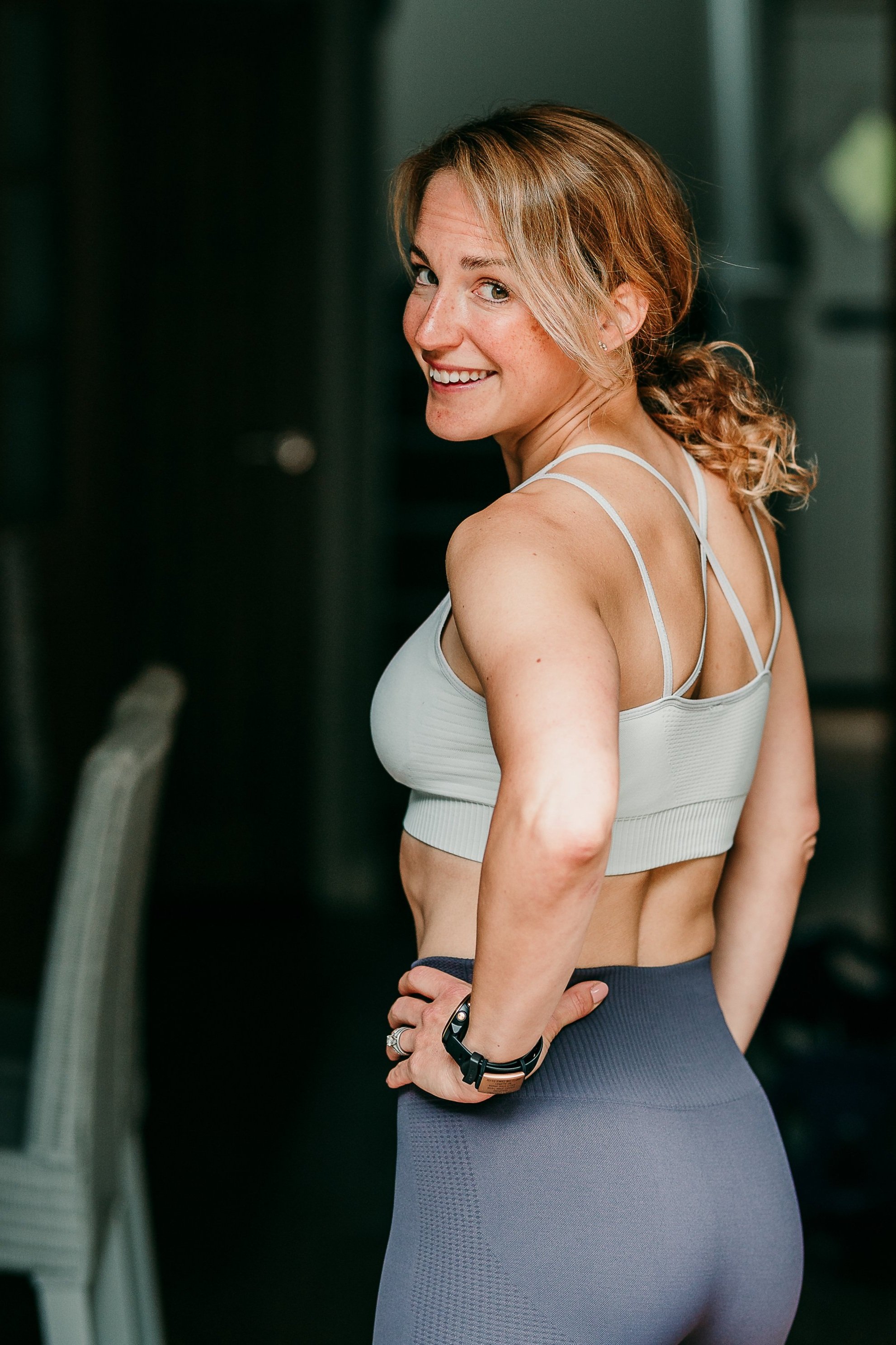The Biggest Fitness Mistakes I made in my 40s
Yep - even PTs make fitness mistakes sometimes! Read on to hear what didn’t work to improve my fitness in perimenopause.
You’d think I’d know better, right? I’ve been a PT, working exclusively with women, for 10 years now. I’ve helped hundreds of women in that time to navigate their teenage years, pregnancy, the post-partum period and all that goes in between.
But when perimenopause hit, I realised that all those techniques, training plans and holistic health hacks I’d been using up until this point just weren’t going to cut the mustard! I’ve spent many, many hours studying, researching and trying to figure out how best to train as a woman in my 40s and beyond. I’ve learnt so much along the way (and I’m now sharing all of this with you as part of the Perimenopause Reboot!).
Here’s some of the key areas I had been going wrong (with the benefit of glorious hindsight!):
Not prioritising rest and recovery
To quote Julia Roberts in Pretty Woman - big mistake. HUGE! We might be able to get away with this in our 20s and 30s but forget it in our 40s. The complicated relationship between our sex hormones and our stress hormones needs careful management in the perimenopause years. Too much chronic stress and too little rest makes perimenopause symptoms worse and can also mean you start to go backwards with your training. As someone who felt like they were wading through treacle with every session, I learnt this the hard way.
Thinking I could keep going on “so-so” nutrition
I’ve always eaten a good quality diet, but when I started gaining weight in early perimenopause, I thought perhaps I just needed to reduce my calorie intake and cut back on my portion sizes. This came back to bite me on the bum (!) and impacted my energy levels, body shape and my digestion. Good nutrition to support our bodies in perimenopause is absolutely crucial, particularly for active women. We also need to make sure we’re eating enough (the old mantra “eat less and move more” just doesn’t work in the same way now!). It’s crucial that we get lots of nutrient dense foods and even the timing of when we eat and how we structure this around our exercise programme can make a huge difference to how we feel, and how we progress (or not!) with our training.
Spending too much time in the “middle zone”
It’s no secret that I love going for a run. But spending a lot of time exercising at an intensity that wasn’t all that hard, but equally wasn’t so easy, was leaving me very drained and I felt I was going backwards with my fitness. In perimenopause, we need to polarise our training. What I mean by this is finding the “minimum effective dose” of harder exercise which will in turn prompt our bodies to get fitter and stronger (which is something we do every week in my Online Fitness Classes!), but still factoring in sufficient rest and recovery. There’s still space for the middle zone stuff, but we need to be mindful of its impact.
Not trusting the science
This is a tough one to admit…. Despite all of my education in this area, it took me a long time to get my head around the idea that I needed to change how I was training, how I was eating and how I was recovering. Letting go of things which no longer worked for my body and doing things differently even when I knew there was scientific evidence backing it up, was tough at times. I made many false starts in the beginning, when I’d flip-flop between old habits and new ones. This is an entirely normal part of the process, but I wish I’d had someone to take me by the hand and say “it’s ok, trust the process, it will get better”. This is in part why I wanted to build the Perimenopause Reboot, so that I could do this for other women who might be feeling the same.
Do any of these sound familiar? Absolutely no shame involved if they do, remember, I was a specialist PT, spending my days immersed in the world of women’s health and fitness and I still did these things and found it tough to let them go!
I think the key message here is that as we head into perimenopause (and beyond into our post-menopause years), exercise is only one part of the puzzle when it comes to feeling fit, strong, healthy and vibrant. This might feel overwhelming, as though there are too many things to think about, but it doesn’t need to. If anything, you can now afford to spend less time exercising (yes, really), if you’re doing the right type of training. And, you get to spend more time looking after your body as a whole, which actually feels really good.
So - what should you be doing instead, so that you can feel strong, fit, healthy, full of energy, not just now, but in the years to come as well? I’ll be covering all of this (and more!) on the Perimenopause Reboot. Over the 6 weeks of the course, we’re going to do a deep dive into all of this. You’ll learn what’s going on with your body so you can understand what’s happening as you head through perimenopause and discover how best to look after it. Plus, I’ll be here offering all the support and guidance you need to help you along the way. If this sounds like just the thing you need, hit the button below to sign up to the waitlist. You’ll get more info from me and be the first to hear when spaces go on sale!

